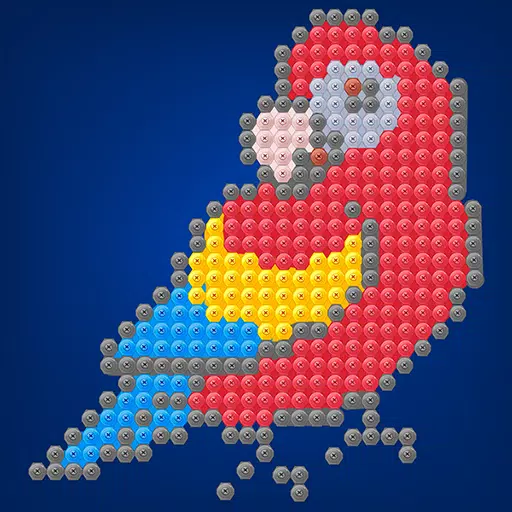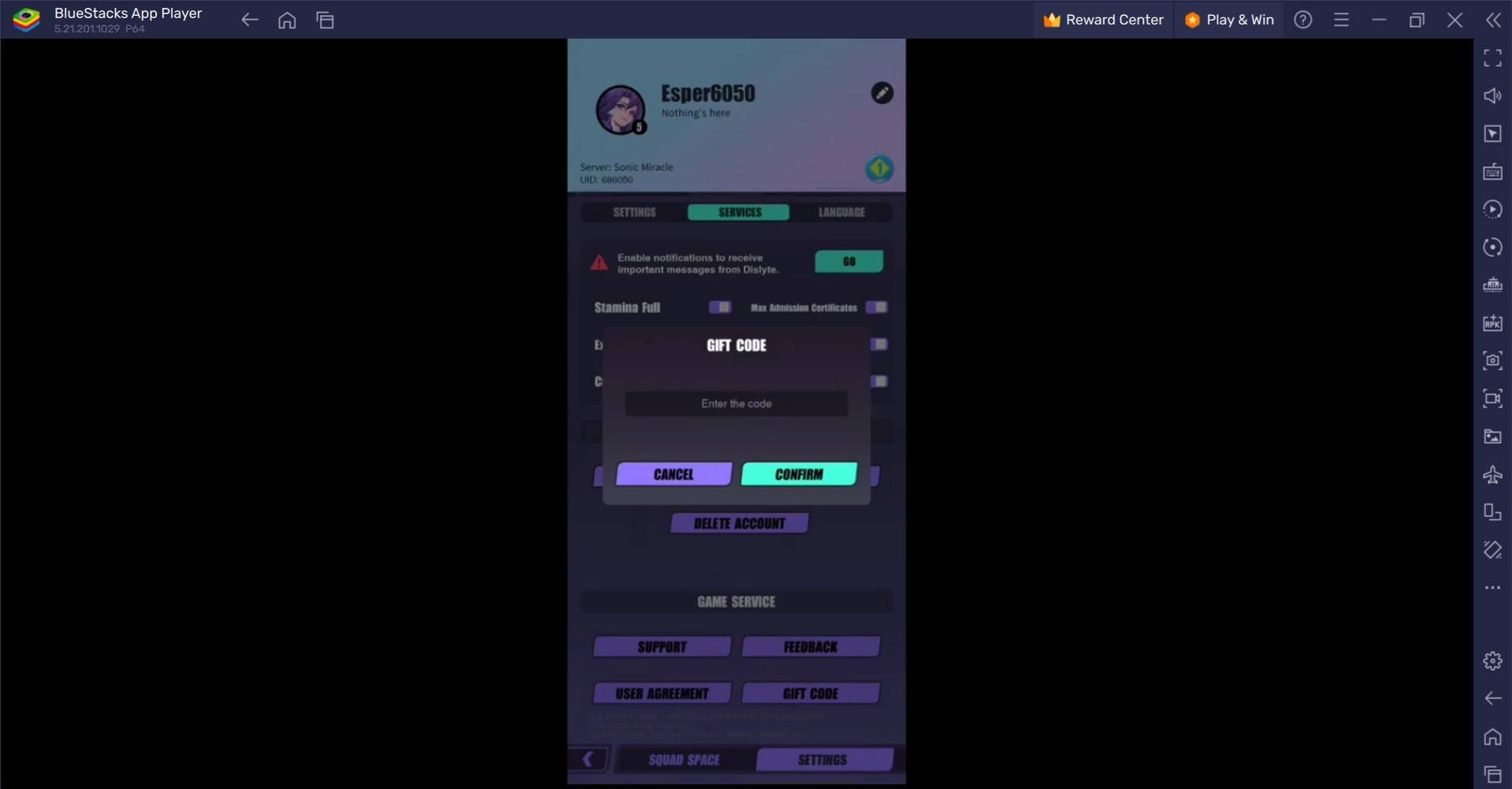In 2011, EA introduced the Origin app, a digital storefront designed to offer an alternative to Steam for purchasing and browsing EA's PC games. A significant milestone was the strict requirement for players to use Origin to access Mass Effect 3 in 2012. However, despite this launch, Origin struggled to gain widespread acceptance among PC gamers, primarily due to its cumbersome user experience (UX) and frustrating login processes. Despite these challenges, EA continued to support Origin until recently deciding to replace it with the equally clunky EA app.
The transition to the new EA app comes with several caveats. For instance, if you own games like Titanfall on Origin but can't access your account, you risk losing access to your purchased titles unless you formally switch from Origin to the EA app. Additionally, the EA app only supports 64-bit operating systems, leaving behind users on 32-bit systems. Although this move aligns with industry trends—Steam, for example, dropped support for 32-bit OS in early 2024—it still affects a niche group of users. Notably, newer PCs or laptops, especially those built within the last five years, are unlikely to run on a 32-bit OS. However, Microsoft did sell 32-bit versions of Windows 10 until 2020. If you're using Windows 11, you're safe, as it's exclusively 64-bit. Windows Vista, released nearly two decades ago, was the first to introduce 64-bit support.
You can quickly check if you're running a 32-bit OS by looking at your system's RAM usage; a 32-bit OS can only use up to 4GB of RAM. If your system has more than that, you're likely running a 64-bit OS. However, if you've mistakenly installed a 32-bit version of Windows, you'll need to perform a complete system wipe and reinstall a 64-bit version to access the EA app.
While dropping support for 32-bit systems in 2024 isn't surprising, it raises questions about digital ownership. Losing access to a library of games you've owned for years due to hardware changes is a frustrating experience, and it's not just EA; Valve has also phased out 32-bit support, impacting those unable to upgrade to modern systems. Furthermore, the increasing use of invasive digital DRM solutions like Denuvo in PC games, which often require deep kernel-level access or impose arbitrary installation limits, adds another layer of complexity to digital ownership.
One solution to preserve a legitimately purchased digital library is to support GOG, operated by CD Projekt. GOG's DRM-free approach means that once you download a game, you own it indefinitely and can run it on any supported hardware. This model, while potentially opening a window for software piracy, has not deterred developers from releasing new titles on the platform, such as the upcoming RPG "Kingdom Come: Deliverance 2," which is slated to be "coming soon" to GOG.
 Home
Home  Navigation
Navigation






 Latest Articles
Latest Articles
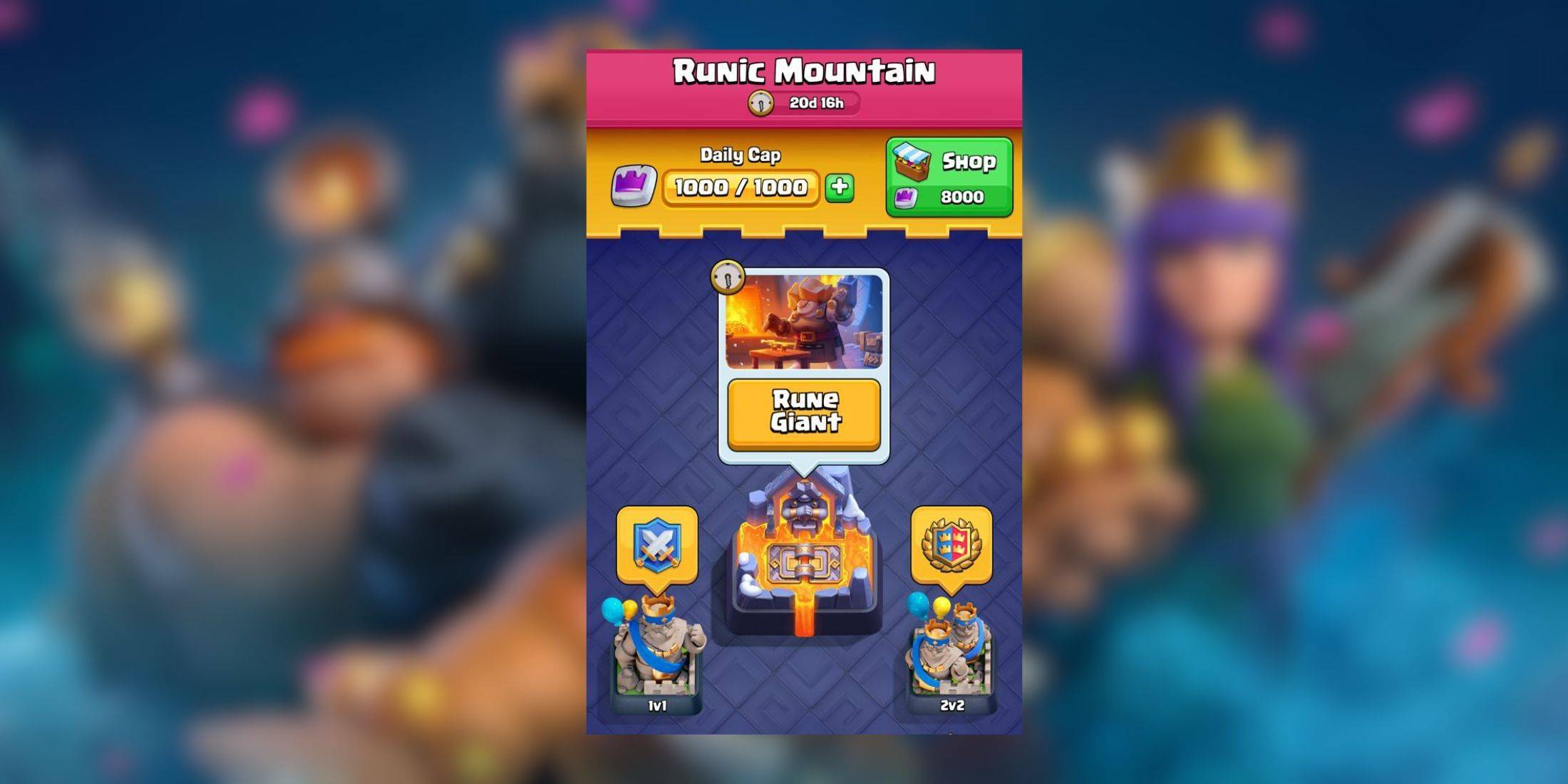
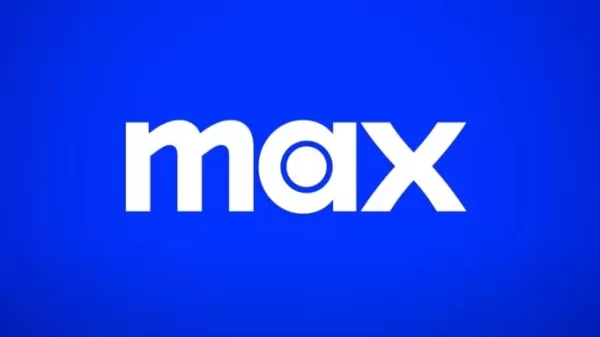
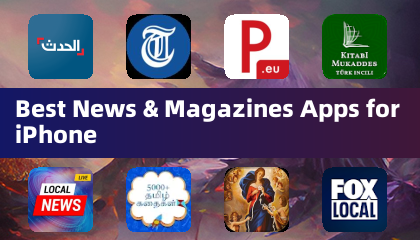




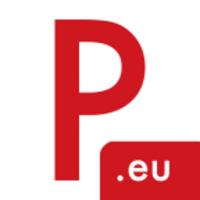


 Latest Games
Latest Games
